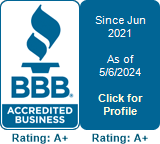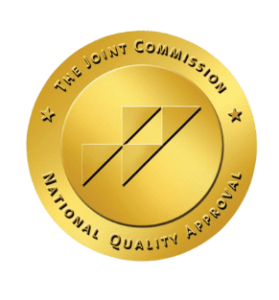Sober Companions and Sober Coaches: What’s the Difference and Which Do You Need?
At first glance, it’s easy to assume a sober companion and a sober coach are the same thing. When you dig a little deeper, however, you’ll realize sober companions and sober coaches play distinct roles at different stages of addiction recovery. Understanding the roles they can play makes it easier for you or someone you care about to navigate recovery and achieve sobriety goals.
What’s the Difference Between a Sober Companion and a Sober Coach?
The key difference between a sober companion and a sober coach is that a sober companion provides personalized, around-the-clock support, especially during the early stages of recovery, while a sober coach focuses on providing less intensive support on a recurring basis, such as once a day or over the course of a week. Sober coaches generally enter the picture during later stages of recovery while sober companions can play a critical role from day one.
The Role of a Sober Companion
Sober companions specialize in providing real-world support and accountability for individuals early on in recovery. Their guidance can be especially critical early on in addiction recovery when the risk of relapse is highest. They typically start by assessing an individual’s needs and customize a recovery plan while working alongside them 24/7 to keep on track with their recovery milestones. They also help develop relapse prevention plans and teach coping strategies for dealing with triggers in healthy ways.
Some key situations when a sober companion can be critical are:
- Immediately after leaving a residential rehab facility
- In the event of being unable to enter a residential treatment program
- Following a relapse after achieving some measure of progress in recovery
A sober companion can help individuals explore and follow through on activities that promote well-being, like attending therapy, developing a healthy lifestyle, and building a support network. They can also help coordinate communication and goals across treatment teams while ensuring any underlying mental health issues are also being addressed.
One of the most important things a sober companion provides, though, is guidance, perspective, and emotional support from someone who’s struggled with the same challenges and gone on to find success.
The Role of a Sober Coach
When compared to sober companions, sober coaches more frequently work with individuals during later stages of recovery, providing motivational guidance as needed to keep on track with recovery and broader life goals. They may offer advice and guidance on job searches, legal issues, family dynamics, career planning, and other life skills.
Some indications that someone could benefit from a sober coach are:
- Achieving sobriety for a measurable period of time (6-12 months)
- Following an intensive at-home rehab program
- Needing occasional motivation and touchpoints to renew the commitment to sobriety
At times like these, sober coaches provide a combination of accountability, encouragement, and support to help individuals maintain their sobriety and reach their broader life milestones. It’s important to remember, however, that their support is not intended to be exhaustive or all-encompassing. Instead, individuals in recovery schedule recurring meeting times or motivational sessions to get support with their specific challenges and goals as needed.
Could you benefit from a sober coach or sober companion? With ALYST, you can get the best of both roles with our Certified Recovery Agents.
How to Identify Whether You Need a Sober Companion or a Sober Coach
If you’re trying to determine whether you or someone you care about could benefit more from a sober companion or sober coach, some key questions to ask are:
What Stage of Recovery Are You In?
Probably the most important question to start with when trying to determine whether someone needs a sober coach or a sober companion is what stage of addiction recovery they’re currently in. For someone whose sobriety is still fresh, a sober companion is often necessary to ensure it sticks, whereas a sober coach can come in later to provide an extra layer of accountability, support, and motivation when the individual has demonstrated they can navigate high-risk situations and daily life on their own.
What Does Your Ideal Day Look Like?
The last question that can help in understanding whether someone needs a sober companion or sober coach is what does their ideal day look like? If they have a clear idea of what their ideal day in recovery looks like and they’re able to live it out without feeling the need to use drugs or alcohol, then they’re probably ready to work with a sober coach. However, if they still need help figuring out what their ideal day looks like in the first place, they probably need the guidance and support of a sober companion.
What Else Have You Tried Before?
If you’ve never worked with a sober companion or a sober coach before and you’re in the “in-between” stage of recovery (3 to 6 months), you may be wondering whether that means you need a sober companion or sober coach. During that time, you’re generally better partnering with a sober companion to ensure all needs are being met, rather than starting with a sober coach only to realize you need more. It’s easier to scale down support with a sober companion than it is to scale up support with a sober coach.
If you or someone you care about has tried or even found success in residential rehab multiple times but then struggled to translate that to the real world after they leave, don’t make the assumption that all they need next time is a sober coach. Sober coaches specialize in supporting individuals who have already achieved a level of sobriety in their everyday life, not helping them find it from day one. That’s when a sober companion can play a critical role in setting someone in recovery up for success to then go on and work with a sober coach later on.
ALYST’s Certified Recovery Agents Are Your Sober Companion and Coach in One
If you’re still having a hard time determining whether you or someone you care about needs a sober companion or a sober coach, the good news is that with ALYST Health, you no longer have to choose. We’ve developed a first of its kind role in the addiction recovery space by giving you all the hands-on, day-to-day support of a sober companion early on with the as-needed motivation of a sober coach that comes later on. That means you can choose to work with the same person at every step of recovery for the ultimate companionship and coaching experience.
Since we hold our team to a higher standard than anyone else, we created a name for the new standard we’re setting in the field of addiction recovery with our Certified Recovery Agents or CRAs.
Is It Time to Take a More Creative Approach With Online Sober Coaching?
If you’re simply exploring opportunities to take a more creative approach to addiction recovery, ALYST Health can help! Our Virtual Care Team offers a focused online program that’s a perfect option for someone who’s recently completed a treatment program and needs additional accountability and coaching. Call us today to explore your options and schedule a confidential addiction consultation with our team.






